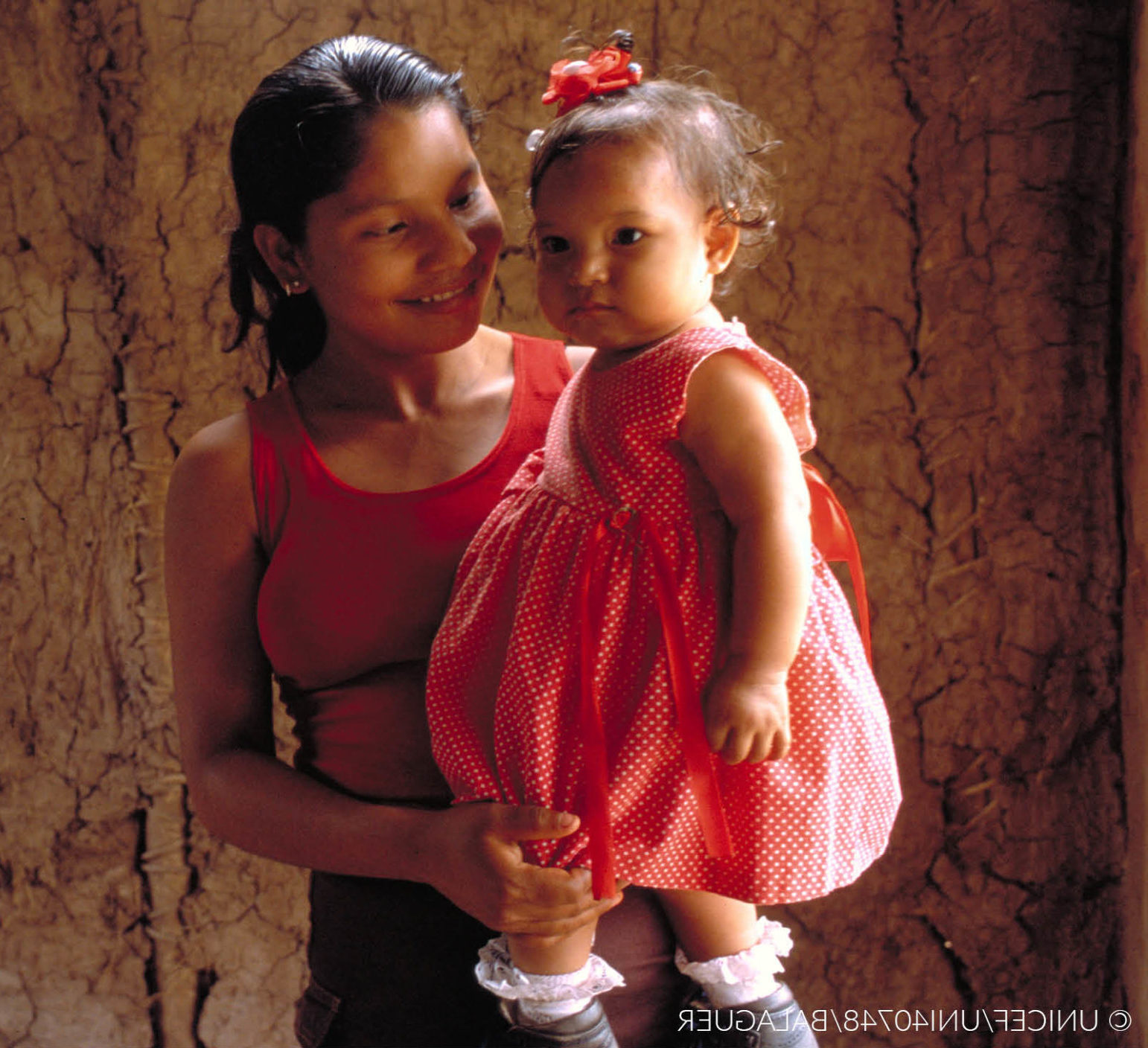Adolescent Girls’ Health and Protection in Peru

Adolescents, especially girls, must have opportunities to empower themselves so they can speak up for their rights and develop the self-confidence and autonomy needed to take control of their lives and bodies. Significant inequities based on gender, age, geographic location, ethnicity and income persist for many Peruvian adolescents.
Defined by the Peruvian government as the ages of 12 to 17, adolescents constitute 11.2% of the population, or 3.5 million people. However, adolescents are often considered neither children nor adults and find themselves in between.
The Adolescent Girls’ Health and Protection project will contribute to guaranteeing the rights of indigenous and rural adolescents, especially girls, and respond to their needs by preventing pregnancy, addressing mental health concerns and providing a protective environment from violence by providing quality, gender-sensitive, and culturally adapted health, education and protection services.
HOW ZONTA HELPS
Zonta International has committed US$1,000,000 to UNICEF USA to improve the capacity of services to respond to the health needs of adolescents—especially girls—in a timely manner and prevent violence in schools in the regions of Huancavelica and Ucayali. Specific objectives include:
Improving the response of the health sector in the provision of quality, comprehensive and differentiated adolescent care, with an emphasis on mental health care and violence prevention for girls.
Improving the capacity of the protection and education sectors to promote health and prevent and address all types of violence in schools, especially gender-based violence, in a timely manner.
EXPECTED OUTCOMES
- 10% increase in number of adolescents screened for mental health problems in project health facilities.
- 5% increase in number of adolescents with comprehensive health care in project health facilities.
- 100 health care professionals receive training on adolescent-friendly health care and how to provide adequate response to cases of sexual violence.
- 10 health facilities are trained to respond to cases of physical, psychological or sexual violence in coordination with other services.
- Eight project schools provide students with health promotion activities related to mental or sexual health and nutrition.
- 24 schools provide health promotion activities that promote healthy lifestyles and environments and implement validated physical, sexual and gender-based violence prevention and school-based response strategies.
- 72 principals and teachers are trained to recognize violence and implement violence response protocols using reporting mechanisms.
Read a detailed project description to find out more about this exciting partnership between Zonta International and UNICEF USA.
